This isn’t your typical “hindsight is 20/20” cliché. I actually wrote an article last June in which I said the Orioles would be better off selling at the deadline. After reading that article again 14 months later, a few things made me laugh and a few made me shake my head. The team ended up finishing with an even .500 record at 81-81, trailing the division champion Toronto Blue Jays by 12 games and missing out on a Wild Card spot by five.
At that point, going into an offseason in which many thought Chris Davis, Matt Wieters, Darren O’Day, etc. would sign elsewhere, hindsight would have said that, yes, the Orioles should have traded those guys in an effort to bolster their farm system. As it turns out, all three of the big names I mentioned ended up re-signing with the Orioles and are contributing to what currently stands as a first place team.
O's should have, last year at the trade deadline, done exactly what the Yankees are doing this year.
— Ryan (@ryguyblake) August 1, 2016
Plenty of arguments can be made against my point here. If you want to see some of them, check out the responses to this tweet I sent out on Monday as I watched the New York Yankees ship some of their older players in deadline deals that brought top prospects to the Bronx in return.
Obviously, I need more than 140 characters at a time to properly articulate my argument, which is why I’m dedicating this week’s post to exactly that. As dominoes fall, subsequent moves are made, and the puzzle that is a 25-man roster is eventually put together in its entirety.
Point: The Orioles were not too far out of contention at the trade deadline and therefore should have been buyers.
Counterpoint: When I wrote the article last June, the Orioles were 23-29 and in last place by a couple percentage points. At the trade deadline, they were 52-50, sitting six games out of first place and one game out of the second Wild Card slot. Fringe teams are the hardest to judge at the deadline and the Orioles fell into that category, though I seem to remember the general consensus around the Orioles’ fan base was that they were not a good enough team to make the playoffs.
Rather than re-tooling the farm system by moving some of their contract-year players, Dan Duquette made two moves, neither of which made a ton of sense. Zach Davies was traded for Gerardo Parra, who hit .237 in 55 games for the Orioles with an OPS+ of just 69. Tommy Hunter was traded for Junior Lake, who appeared in just eight MLB games and was placed on waivers in the offseason. Neither of those moves screams “we’re going for it this year” and, as it turns out, Davies is now a solid rotation option for the Brewers, posting a 3.62 ERA and 3.87 FIP in about 140 career innings pitched.
Point: Trading Crush may have turned him away from signing with Baltimore in the offseason.
Counterpoint: While Chris Davis is a rare talent in terms of his power hitting ability and stellar defense, the price tag on that kind of player is through the roof, as shown by the $161 million contract he signed. It’s certainly far too early to tell if that contract was worth it or not, there’s no doubt in my mind that a deal involving Davis last summer would have included multiple high-end prospects coming to Baltimore.
If Chris Davis had then signed elsewhere in the offseason, the Orioles would have had $161 million to use for other needs.
Point: The Orioles wouldn’t be in first place right now had they sold last year.
Counterpoint: This one is hard to argue against because nobody can predict the future, but I think the Orioles would have remained in a good position. Not only would we have a much better farm system than we have now, but we could have A) still signed Chris Davis, Darren O’Day, and others in the offseason or B) fill other needs and improve elsewhere. Maybe the Orioles could have gotten a serviceable starting pitcher and not had to wait until March to spend $22 million and a first-round draft pick on Yovani Gallardo.
Maybe they would have been in a position this season to trade for someone far better than Wade Miley to bolster the rotation. Maybe they would have a little less prowess on offense but a dominant starting rotation.
Point: Selling hurts team chemistry. Chris Davis and Matt Wieters are great clubhouse guys.
Counterpoint: Sure. That’s a fair point. However, baseball is a business and the players understand that. Chemistry is important but there’s always someone else ready to step up and be a leader. Adam Jones has been that guy for quite some time now. Grown men should be mature enough to bond as a team no matter who else shares the clubhouse.
Bottom line: Yes, hindsight is 20/20, but I’m sticking with the argument I made last season. The Orioles would have still had key players in place for 2016 had they made some deadline deals last season. Instead, we find ourselves clinging to first place with an awful starting rotation, a good but streaky and currently slumping offense, a dominant bullpen, and a horrible farm system. Selling at last season’s trade deadline could have made us a much more well-rounded team this season and better prepared for the future.
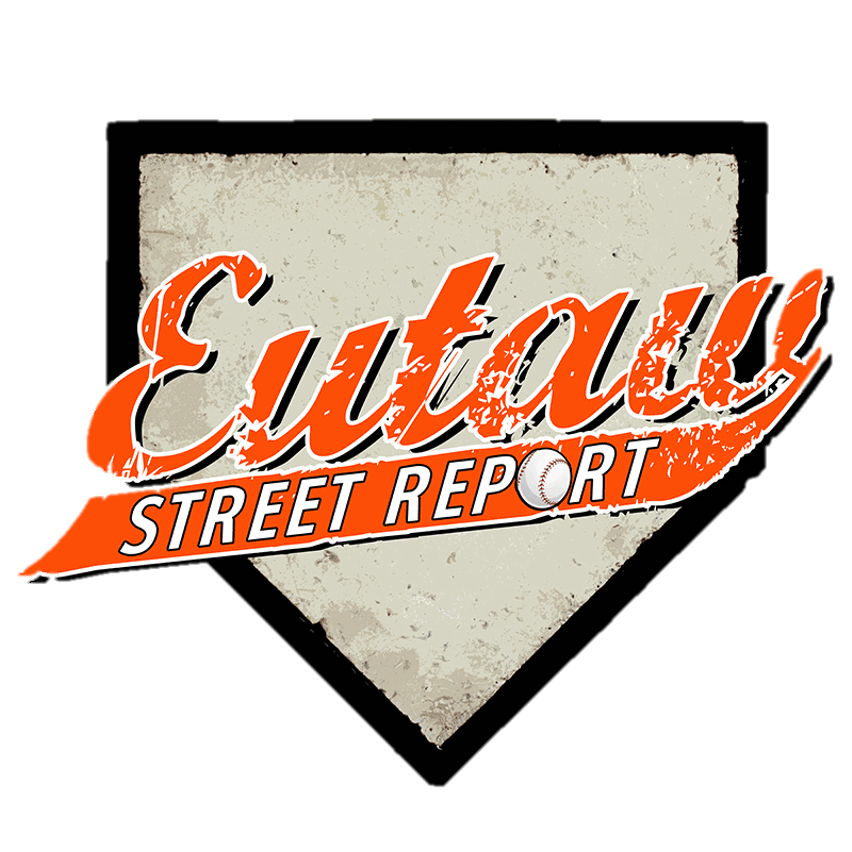
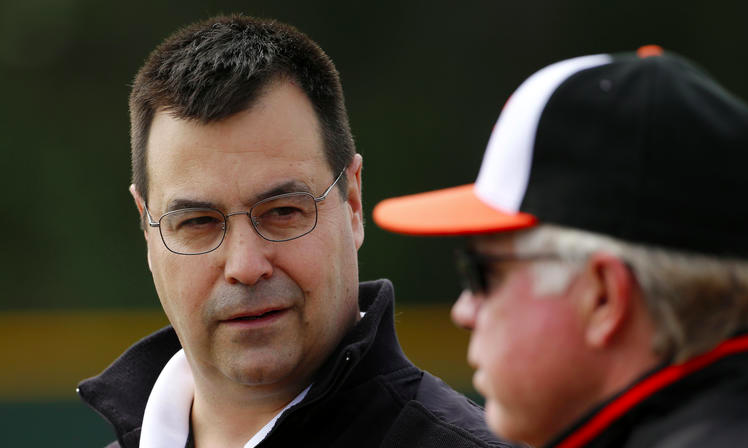

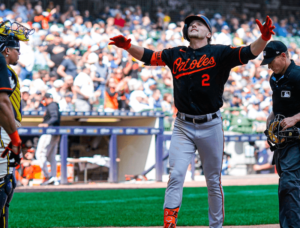
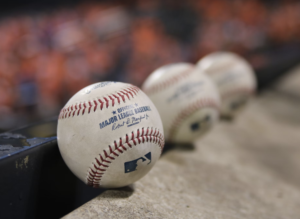
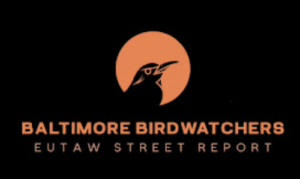
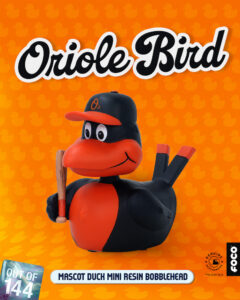
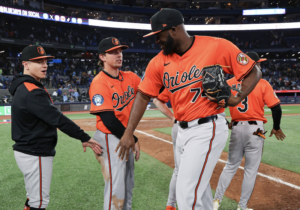


0 Responses
Here’s why you were wrong then: I would not have renewed my partial season ticket plan had the Orioles decided to sell. There are lots of other ticket holders just like me. The end game is to win a World Series, not just have potential in the minor leagues. Too many pundits forget about the actual goal. The secondary goal is to have fun along the way. The team that Duquette and Showalter built is special. There’s so much fun in their winning attitude, competitive nature, and ability to win. It makes no sense to blow up a great product.